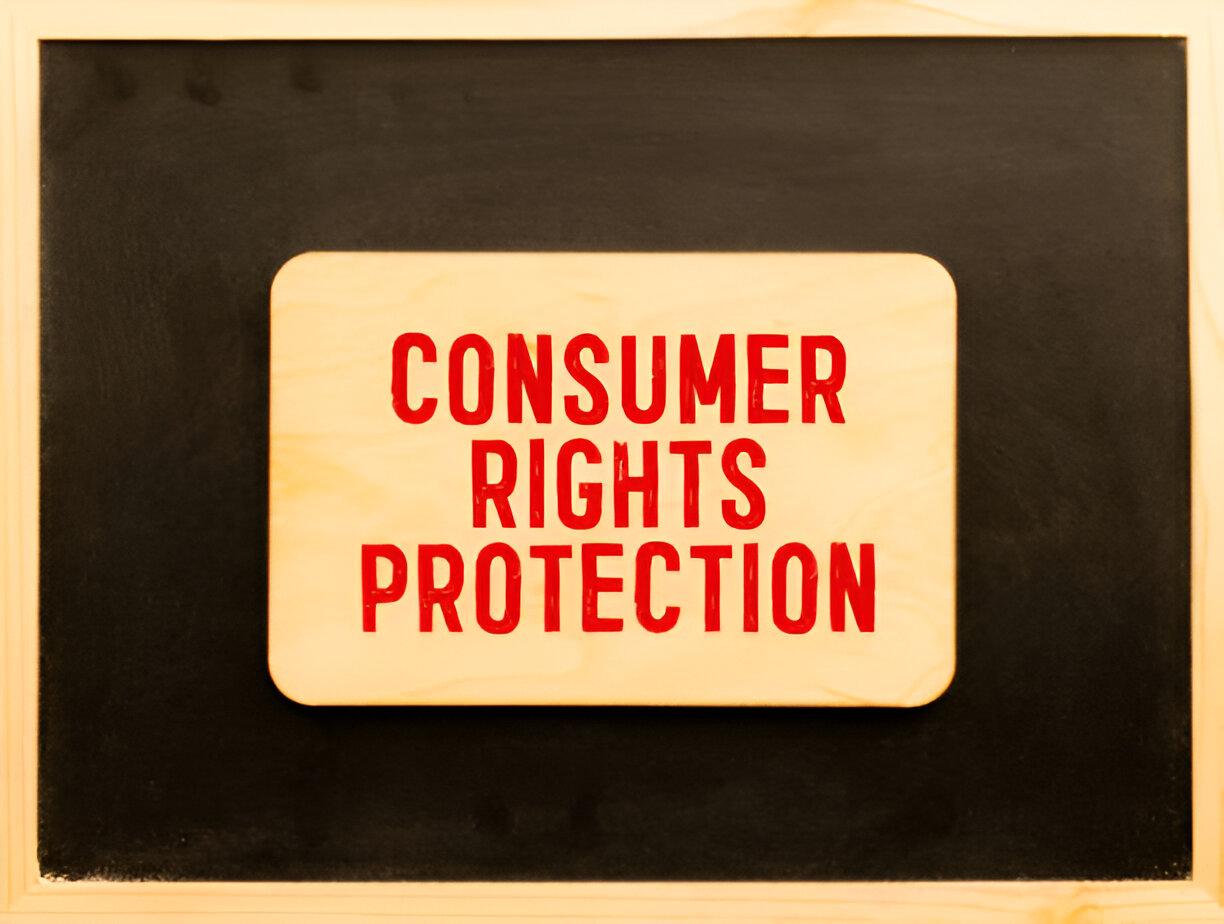Malaysian Consumer Protection Laws: Understanding Your Rights
In today’s fast-paced marketplace, consumers in Malaysia are empowered by a variety of laws and regulations designed to protect their rights. Whether you’re buying a product, hiring a service, or engaging with an online business, it’s important to understand your rights as a consumer. This guide will take you through the essential aspects of Malaysian consumer protection laws and how they safeguard your interests.
The Consumer Protection Act 1999 (CPA)

The Consumer Protection Act 1999 (CPA) is the cornerstone of consumer rights in Malaysia. This law covers a wide range of areas, offering protection against deceptive practices, unsafe products, and unfair terms in consumer contracts.
Here are some of the key provisions under the CPA:
1. Protection Against Misleading and Deceptive Conduct
Businesses are prohibited from engaging in deceptive practices. This includes providing false or misleading information about a product or service, such as exaggerated claims about its quality, performance, or origin. For example, a store cannot advertise a “genuine leather bag” if the bag is made from synthetic materials.
2. Consumer Rights to Goods That Meet Acceptable Standards

Products sold must meet a standard of quality that is acceptable to the public. This means goods must be:
- Safe for use
- Durable and long-lasting
- Fit for purpose as described by the seller
If a product fails to meet these criteria, consumers have the right to seek remedies such as refunds, repairs, or replacements.
3. Guarantee on Services
Services provided must be delivered with care and skill, ensuring they are fit for the purpose agreed upon by the consumer and the service provider. For example, if you hire a contractor to paint your home and the paint peels within days due to poor workmanship, you are entitled to remedies under the CPA.
4. False or Misleading Representations
The CPA prohibits businesses from making false claims about goods or services, such as misleading price comparisons or false discounts. For instance, a shop cannot claim that a product is on “50% discount” if it was never sold at the original price.
5. Unfair Contract Terms
Under the CPA, contracts that contain unfair or unreasonable terms are voidable. For example, a contract that absolves a service provider from all responsibility, even when they fail to deliver the service as promised, can be challenged under the Act.
Lemon Law in Malaysia

The Lemon Law, introduced under the CPA in 2015, specifically addresses defective goods that fail to meet quality standards. Consumers have the right to return a “lemon” (a product with persistent defects) within six months of purchase and request a repair, replacement, or refund. This is especially relevant for purchases such as vehicles, electronics, and other high-value items.
Personal Data Protection Act 2010 (PDPA)
With the increasing reliance on digital services, consumer data protection has become more important than ever. The Personal Data Protection Act 2010 (PDPA) governs how businesses collect, store, and use personal information.
Key aspects of the PDPA include:
- Consent: Businesses must obtain your consent before collecting your personal data.
- Purpose: Your personal data can only be used for the specific purposes for which it was collected.
- Data Security: Companies must ensure that your data is stored securely and protected against unauthorized access.
If a business mishandles your data or uses it without permission, you have the right to lodge a complaint with the Personal Data Protection Commissioner.
Sale of Goods Act 1957
The Sale of Goods Act 1957 primarily governs contracts for the sale of goods, ensuring that products sold meet certain expectations of quality, fitness, and description.
Under this Act:
- Goods must correspond with their description (if sold as “new,” they should not be used).
- Goods must be fit for their intended purpose (a microwave should function as expected for heating food).
- There is an implied condition that goods are of satisfactory quality.
If these conditions are not met, consumers have the right to reject the goods and seek a refund or replacement.
Hire-Purchase Act 1967
For consumers who purchase goods on installment plans, the Hire-Purchase Act 1967 offers protection. This law applies to purchases of vehicles, electronics, and other high-value items bought through hire-purchase agreements.
Key protections include:
- Disclosure of terms: Sellers must provide clear information about the terms of the hire-purchase agreement, including interest rates and total costs.
- Early settlement rights: Consumers have the right to settle their hire-purchase agreement early, often at a reduced cost.
- Repossession rules: If a consumer defaults on payments, the seller cannot simply repossess the item without following legal procedures, which include giving notice and allowing time to resolve the issue.
E-Commerce Consumer Protection

As online shopping grows in popularity, Malaysia’s consumer protection laws have expanded to include protections for e-commerce transactions. The CPA 1999 was amended to extend its coverage to digital goods and services.
Here are some rights for e-commerce consumers:
- Right to accurate product information: Sellers must provide accurate descriptions, images, and prices for products sold online.
- Refund and return policies: Online businesses must clearly display their policies regarding refunds, returns, and exchanges.
- Protection against fraud: The CPA and other laws address fraudulent activities, ensuring that consumers have recourse if they are scammed in an online transaction.
Additionally, under the Electronic Commerce Act 2006, digital contracts and electronic signatures are legally recognized, further strengthening consumer rights in the digital economy.
How to Resolve Consumer Disputes in Malaysia
If you believe your consumer rights have been violated, several avenues are available to resolve disputes:
- File a Complaint with the Ministry of Domestic Trade and Consumer Affairs (KPDNHEP): You can lodge a formal complaint about any business that violates consumer protection laws.
- Consumer Claims Tribunal: For disputes involving small amounts (up to RM50,000), you can bring your case to the Consumer Claims Tribunal, which provides a low-cost and efficient way to resolve issues without hiring a lawyer.
- Seek Help from Consumer Associations: Organizations such as the Federation of Malaysian Consumers Associations (FOMCA) and the National Consumer Complaints Centre (NCCC) can assist in resolving consumer disputes.
Conclusion: Know Your Rights, Protect Your Interests
Understanding your rights under Malaysia’s consumer protection laws empowers you to make informed decisions and stand up against unfair practices. Whether you’re shopping online or in a store, hiring a contractor, or signing a hire-purchase agreement, knowing the legal protections in place ensures that you can navigate the marketplace with confidence.
By staying informed, you can not only safeguard your interests but also contribute to a fairer, more transparent consumer landscape in Malaysia.







